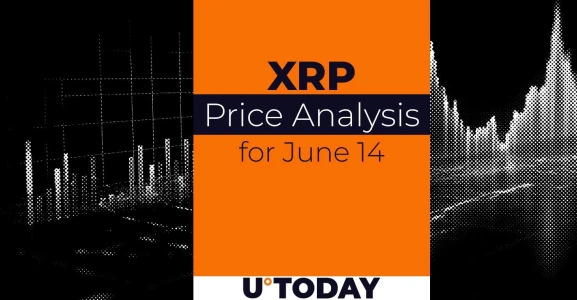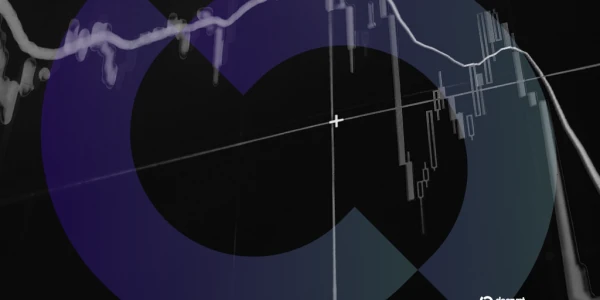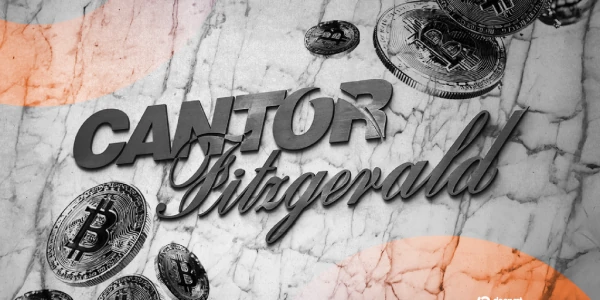
Exploring the Impact of Ethereum's Pectra Upgrade: A Comprehensive Analysis
Not only has ETH's price surged, but Ethereum's Pectra upgrade has made a sizable impact on the network ecosystem. Here's how.[...]
Ethereum's Pectra Upgrade Unlocks Scalability, But Brings Validator Challenges
A Transformative Upgrade with Promising and Problematic Implications
A month after Ethereum's highly anticipated Pectra upgrade, the network's key indicators are revealing both the promise and pitfalls of its most ambitious technical overhaul since the 2022 "merge." While the upgrade's introduction of "blob" scaling has unlocked significant cost savings and throughput improvements for layer-2 solutions, it has also presented new challenges for Ethereum validators.
Blobs Boost Scalability, But Burden Validators
The Pectra upgrade's expansion of Ethereum's capacity for "blobs" — units of ephemeral data storage — has been a major boon for scalability. By enabling layer-2 networks and rollups to post data more cost-efficiently, the "near-zero cost of blobs has been a major unlock for Ethereum scalability," according to Ulyana Skladchikova, head of product at Blockscout.
Popular layer-2 solutions like Base, Arbitrum, and Optimism are now able to process thousands of transactions for pennies instead of dollars. However, this improved efficiency has also increased the data burden on Ethereum validators, potentially squeezing out smaller operations unable to afford the higher processing costs.
"Validator consolidation often raises concerns about centralization," Skladchikova noted, "but in Ethereum's case, the effect may actually be decentralizing" as larger, more capable validators absorb the smaller players.
Ethereum's Modular Vision Takes Shape
The Pectra upgrade's impact on layer-2 networks reflects Ethereum's broader "modular vision," where the mainnet serves as a secure settlement layer while scalability is achieved through specialized, application-specific chains. This approach is already delivering "real benefits" across the Ethereum ecosystem, according to Skladchikova.
The surge in Ethereum's price, which has risen 27% over the past 30 days to around $2,510, suggests growing investor confidence in the network's technological roadmap. Analysts also point to the recent $1.1 billion IPO of Circle, the issuer of the USDC stablecoin, as a sign of Wall Street's increasing embrace of Ethereum-based infrastructure.
Challenges Remain, But Ethereum Forges Ahead
While the Pectra upgrade has unlocked significant scalability improvements, the transition has not been entirely smooth. Validator consolidation and the potential implications for decentralization remain a key concern. Additionally, rollups have yet to fully utilize the expanded blob capacity, resulting in a substantial drop in blob prices.
Nevertheless, Ethereum's steady progress in realizing its modular vision, coupled with the network's growing institutional adoption, points to a future where the blockchain's scalability and versatility could make it the foundation for the next generation of decentralized applications and finance.
Most Viewed News








